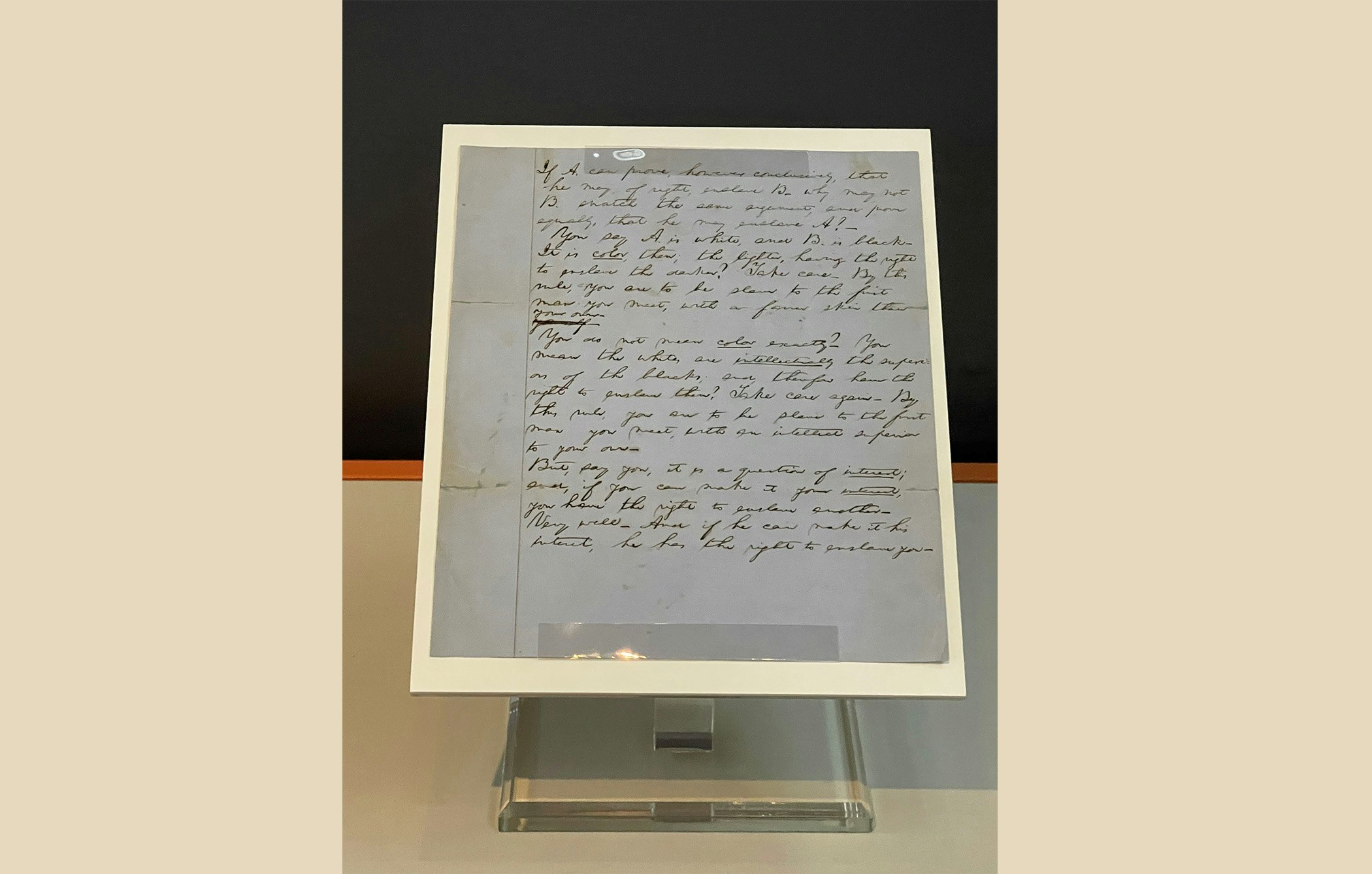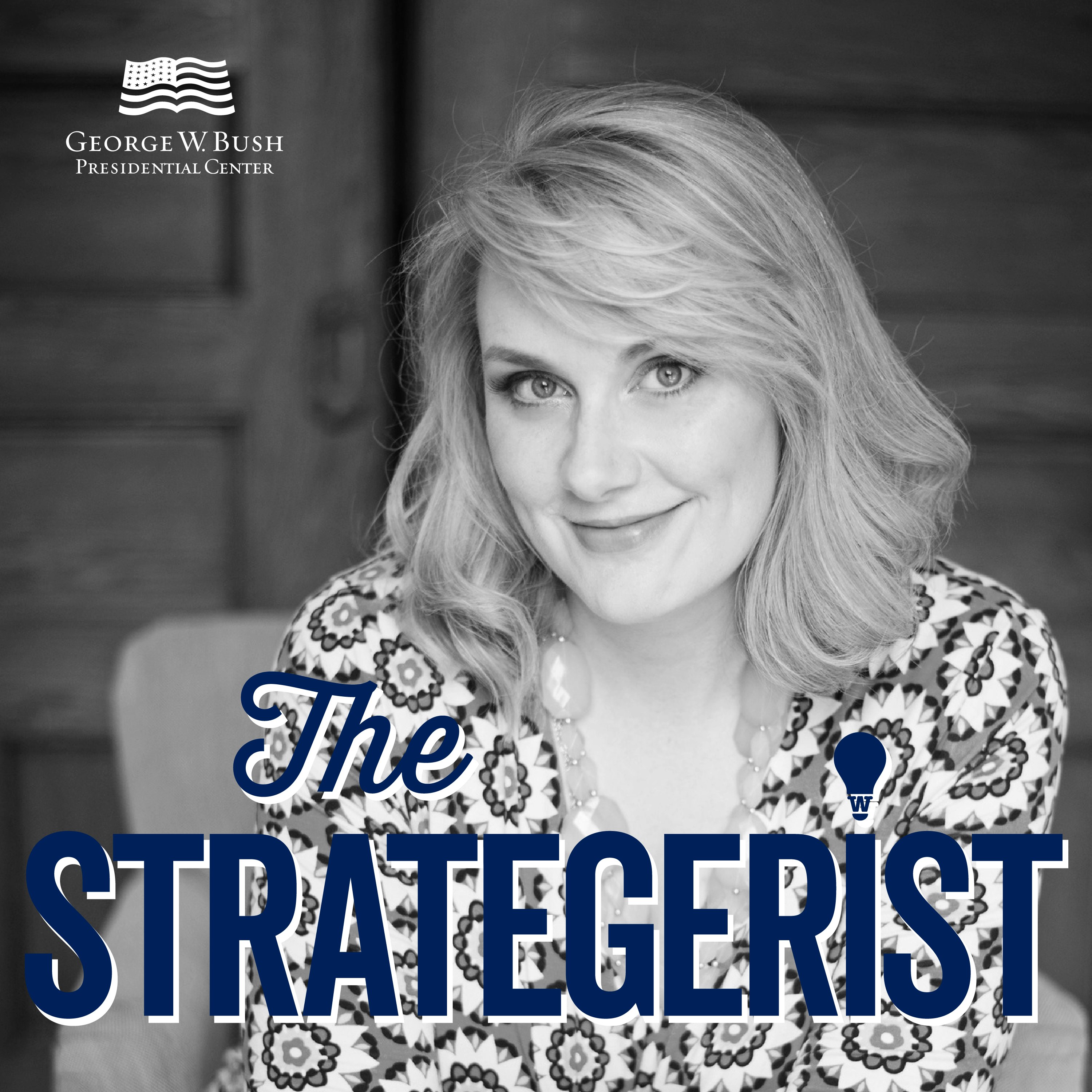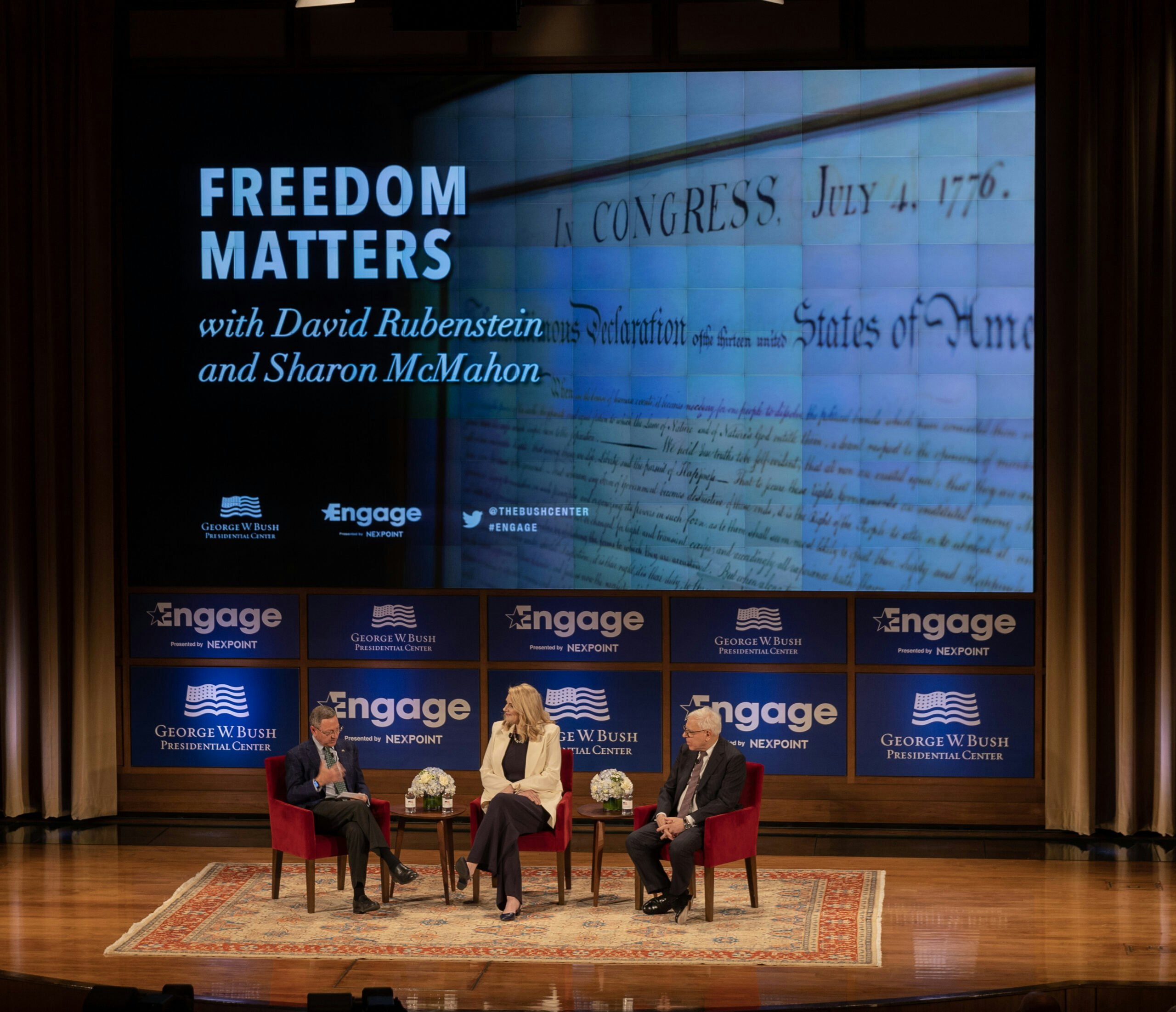Determine the impact you want to have on the world and identify three simple habits that, if done consistently, will help you achieve the impact...
Determine the impact you want to have on the world and identify three simple habits that, if done consistently, will help you achieve the impact you desire. This simple, yet powerful directive was the result of a George W. Bush Institute-hosted discussion with Southern Methodist University's incoming Honors Program Scholars about The Other Wes Moore – SMU’s 2013 common reading book.
Co-facilitated by Dr. Eric G. Bing, Senior Fellow and Director of Global Health for the Bush Institute and author of the recently released Pharmacy on a Bicycle, and Patrick Kobler, former SMU Student Body President and Program Coordinator for the Bush Institute’s Alliance to Reform Education Leadership, the conversation quickly focused on the potential impact of leaders. Specifically, the actions or habits incoming first-year students can commit to that will help them have the impact they desire to improve the world. On the eve of their first day of college, student participants committed to such goals as reducing poverty, improving health in developing countries, and impacting society through music – inspiring ways to have personal and global impact from an impressive collection of young leaders.
As the discussion concluded, Dr. Bing, who is also a SMU Professor of Global Health in the Simmons School for Education and Human Development and Dedman College, noted “I was extremely impressed by the dedication of these young leaders already committed to using their education and following their passions to improve our world. I believe that their successes will leave no doubt why SMU’s motto is ‘world changers shaped here’.”
Sunday’s discourse also signified the growing, impactful relationship between the Bush Center and the SMU community. Serving both institutions, Dr. Bing emphasized, "There is a clear alignment of goals – leadership’s role in advancing education, health, economic development, freedom and other issues that improve the human condition throughout our world.”
A fitting piece of literature for the discussion, The Other Wes Moore emphasizes this shared theme of leadership’s role in improving the human condition. And the book’s author, Wes Moore, is a living example of how leaders commit to goals – even at a young age. Maturing through a challenging upbringing, Wes Moore eventually became a Rhodes Scholar and later served in the U.S. Army where he completed a tour of duty in Afghanistan. Upon discharge from the military, he became a White House Fellow under President Bush and served as a Special Assistant to former Secretary of State and current Chair of the Bush Institute Advisory Board Dr. Condoleezza Rice.
A 2010 graduate of SMU, Kobler shared his excitement about the discussion, “As we see in Wes Moore’s story, to whom much is given, much is required. Both SMU and the Bush Institute uphold this important principle and can play a mutual role in creating a new generation empowered by this belief.”
This is the first of many opportunities for SMU’s student body to engage with the work of the Bush Institute. Improving the human condition throughout the world will require the actions of current and future leaders and we are excited that many of our brightest future leaders are within the Institute’s own backyard.



















